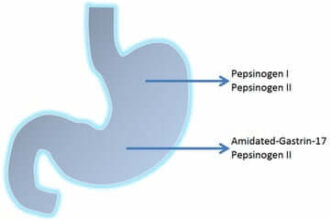The quality of your social connections might be doing more to shape your health than you realise. A new study suggests that it is not just the presence of support, but the intensity and duration of negative interactions within close relationships, that can significantly lower quality of life. This affects not only emotional well-being but also physical and environmental satisfaction. The findings were published in Psychreg Journal of Psychology.
Researchers from the University of Louisville surveyed nearly 300 adults in the United States to investigate how negative social exchanges influence everyday health and satisfaction. The study explored four areas of quality of life, including physical, psychological, social, and environmental well-being. Participants were asked to identify people in their lives who had recently caused them stress and to rate how intense, frequent, and long-lasting that stress had been. They also reported how many people they could rely on for help, their general level of trust in others, and how well they understood the norms in their social environment.
The results revealed a consistent pattern. People who experienced more intense and prolonged negative interactions tended to report lower satisfaction in three of the four life domains. This included poorer physical health, greater psychological distress, and lower satisfaction with their living environment. These negative effects were not fully offset by having a strong support network or high levels of trust, which suggests that harmful interactions can leave a lasting impact even when positive connections are present.
Interestingly, social satisfaction itself, meaning how people felt about their relationships, was not significantly affected by these negative interactions. One possible explanation is that harmful exchanges often take place within the same relationships that also provide comfort and support. This overlap may blur the distinction between helpful and harmful social contact.
Social capital emerged as a key factor in shaping well-being. Those with larger support networks and higher levels of trust reported better outcomes across all four areas of life. Having access to a wider circle of trusted individuals appeared to reduce some of the negative impact caused by stressful relationships, particularly in relation to physical and psychological health.
Income also played an important role. People with lower household incomes tended to report poorer physical and environmental quality of life. However, these differences were less pronounced when social capital was considered. This suggests that while financial resources do matter, strong social connections can provide a different kind of protection and support.
The findings point to the importance of mental health and social care programmes that go beyond encouraging social activity. It is not enough to be socially connected. The emotional quality of those relationships, especially how much stress they involve over time, plays a crucial role. Initiatives that aim to reduce interpersonal stress and promote social awareness could offer significant public health benefits.
The study also underscores the value of using egocentric network tools, which examine both the structure and emotional tone of relationships. By focusing on specific sources of stress within a person’s social circle, therapists and support services may be better placed to deliver targeted interventions.








